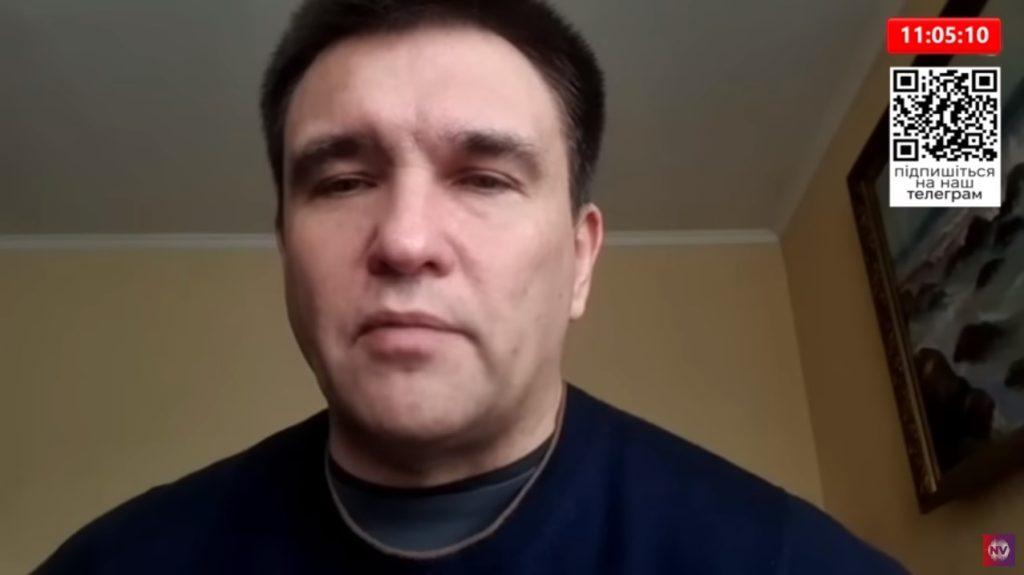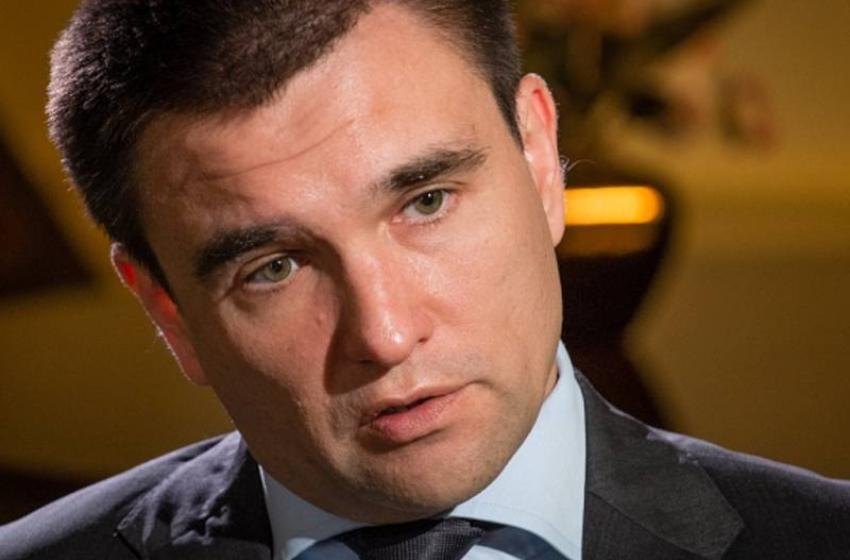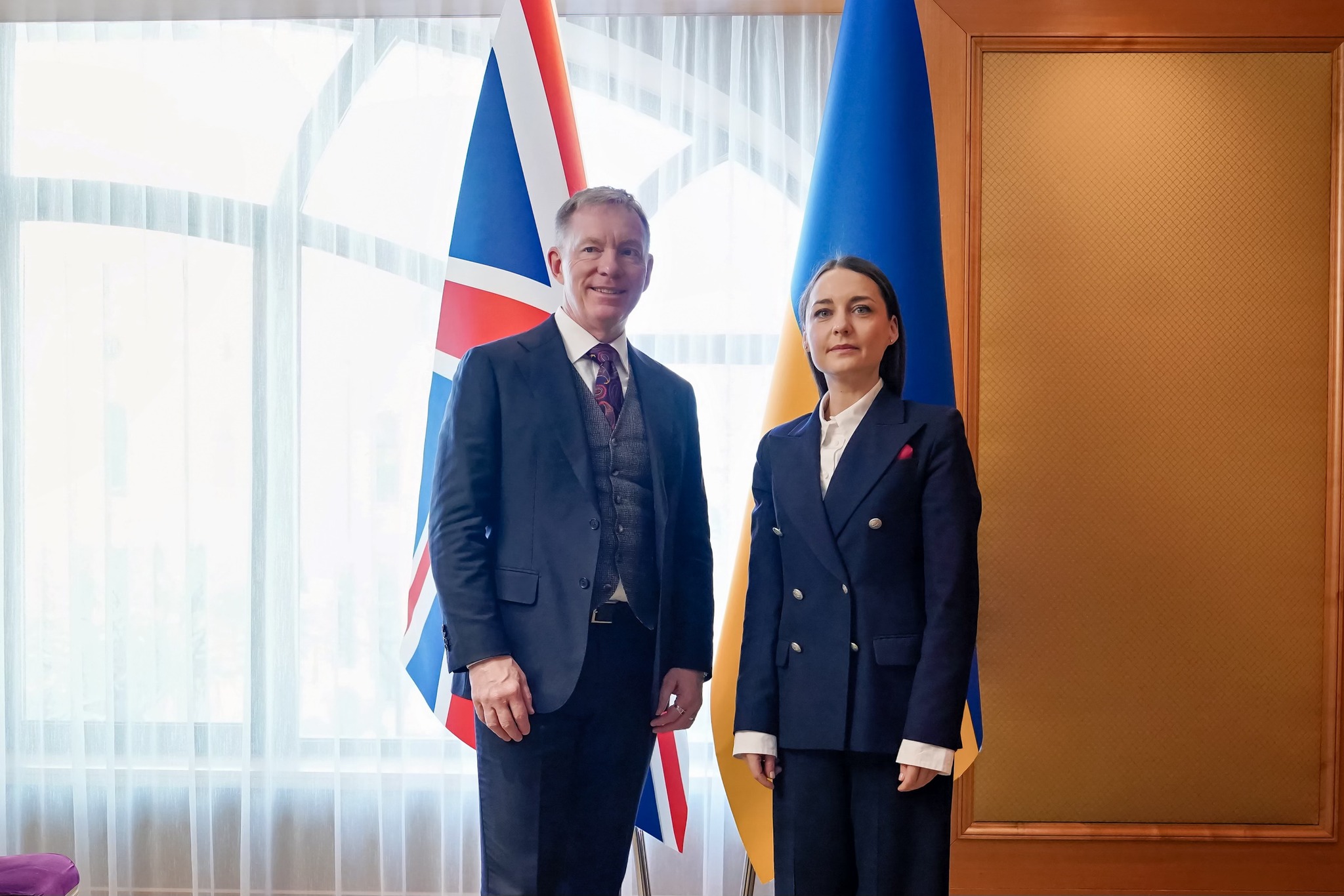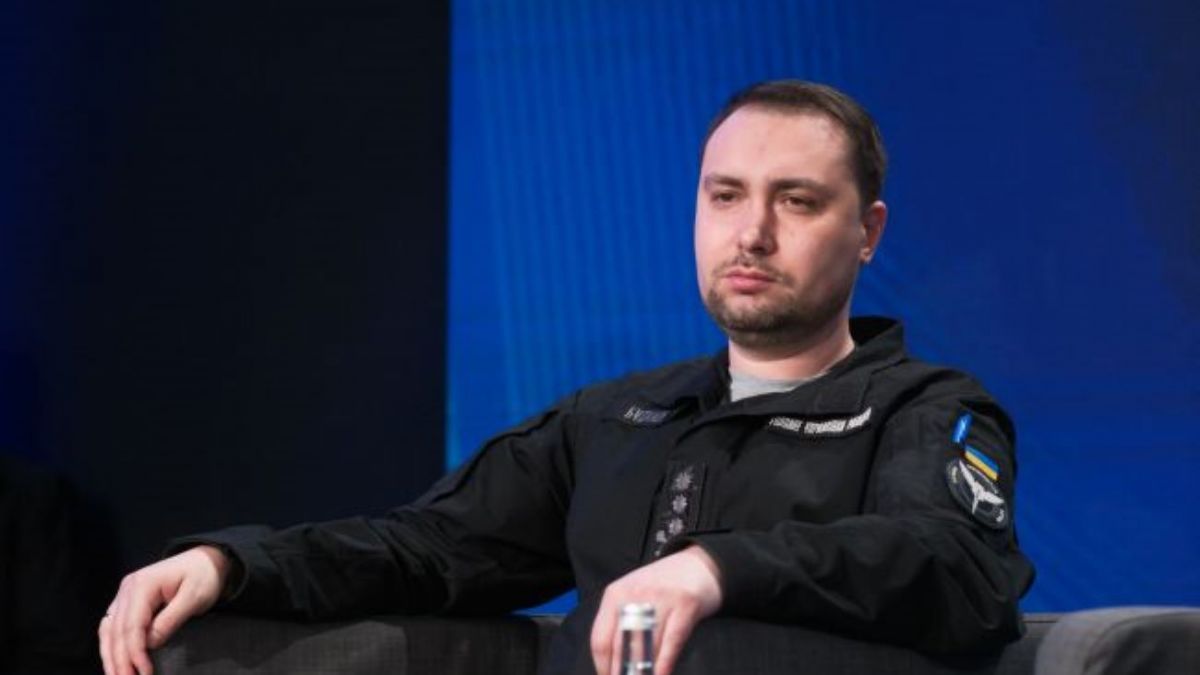The former head of Ukrainian diplomacy talks about military assistance, economic sanctions against the Russian Federation, and the “thousand cuts†strategy.
Military assistance to Ukraine from the West, to a large extent, remains not preventive but reactive, when politicians are forced to respond to the actions of the Russian regime, former Ukrainian Foreign Minister Pavlo Klimkin said on Radio NV.
"Will the tragedy in the Dnipro (on the morning of January 17) be another impetus that will spur this assistance and speed up, particularly, the transfer of Leopard tanks? Unfortunately, our emotions and pain are not mirrored even for our partners," says Klimkin. "I don’t want to compare Ukraine with Syria, but I remember very well when the Russians bombed Aleppo, how the West began to get used to it to a certain extent.
And then, unable to tear myself away from the terrible news, I remembered the words of Golda Meir, who, by the way, was born in Kyiv: “My dream is that during my lifetime, the Jewish people would stop feeling sorry.â€

I believe that sufficient assistance to Ukraine will come when the West acts not out of pity, not out of sympathy, but understands that this is its history as well. That our victory is his victory, and our defeat is his defeat.
This is already starting to happen, and Polish and Baltic politicians already understand that if we are the first, then they are next (in the plans of the Kremlin). Now the Germans should also understand this, but, unfortunately, this process is not going as fast as we would like."
The first country to supply Western-made tanks to Ukraine is likely to be the United Kingdom, with a government statement saying that 14 Challenger 2 heavy tanks will be shipped in the coming weeks. Pavel Klimkin calls this decision "cool" and believes that it will spur other Western countries to act, realizing not only political but also moral responsibility for their inaction.
“I don’t think that the current amount of military aid is about “you hold out, and we will think about what to do with Putin,†he says. "After all, in addition to military support, there is also economic pressure on Russia: the embargo on Russian oil costs the Russian Federation, according to various estimates, 150-180 million dollars daily."
And on February 5, restrictions on petroleum products, including diesel fuel and fuel oil, will also come into effect, leading to Russia's daily losses of another $100 million.
Of course, thanks to black schemes for circumventing sanctions, they will compensate for something, but it's still school math: $250 million a day is about $100 billion a year. This is already exhaustion and demolition of the entire "mafia gas station".
Thus, both the military component and the economic component are operating, and in addition, we are working to ensure that the tenth package of EU sanctions still includes sanctions against the Russian nuclear sector.
"Of course, looking at the events at the front, the consequences of shelling, and what happened in the Dnipro, we would like to win yesterday.
But a significant part of Western politicians wants to act according to the “thousand cuts†strategy, to boil this toad gradually. We do not agree with this either mind or heart - but it is critically necessary for us to have a common strategy with the allies, because, without them, we will not bring this war to an end."
According to Klimkin, the Kremlin can raise the stakes further and launch a general mobilization without hiding behind talk of a partial mobilization, as well as again talking about weapons of mass destruction or threatening to attack NATO countries directly:
“Putin has room for further escalation, and none of the options can be ruled out. This is what our partners fear: that all rational "red lines" do not work for today's Russian regime. The same speeches were now heard from the Kremlin as from Germany in 1938-39 - the word order may be different, but the logic is absolutely the same.
And this, unfortunately, scares some of our partners. But, on the other hand, the world finally realized that it was faced with a revanchist regime capable of absolutely anything."




















